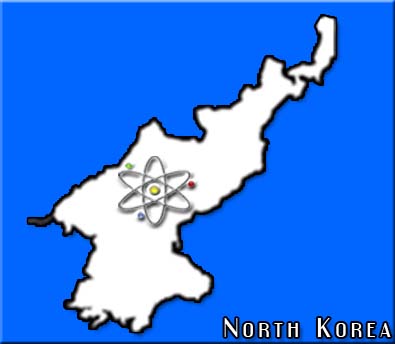After military show, it’s talk time in N. Korea
 As soon as the military parade and pageantry for China’s 60th anniversary ended last week, the Chinese switched off their TV sets and went shopping. Officials said the shoppers spent nearly $2 billion in retail sales during the first three days of the national holiday.
As soon as the military parade and pageantry for China’s 60th anniversary ended last week, the Chinese switched off their TV sets and went shopping. Officials said the shoppers spent nearly $2 billion in retail sales during the first three days of the national holiday.
While his citizens shopped and the soldiers wept as they left their goose-stepping military drill camps, Chinese Premier Wen Jiabao was shaking hands and watching opera with reclusive North Korean leader Kim Jong il in Pyongyang. The handshakes between communist allies Beijing and Pyongyang were timed right after China’s biggest-ever arms display, and ahead of US President Barack Obama’s first visit to China next month.
Over three days of talks, the Chinese team revealed North Korea might return to the stalled six-party talks on denuclearisation, but based on the progress in its bilateral talks with the US. During the same week in Washington, Obama reportedly decided not to meet visiting Tibetan leader Dalai Lama until after his China visit.
Chinese analysts say uncertainty remains whether North Korea will return to the six-party negotiating table to discuss denuclearisation of its weapons. But the Premier’s trip was a global image boost for Beijing before Obama’s visit. “Premier Wen Jiabao’s talks show that China has the will and leverage in resolving the nuclear issue in the Korean Peninsula,’’ associate professor Han Hua, at the Peking University’s School of International Studies, told HT.
In May, North Korea’s second nuclear test and missile tests angered the world and its only ally, China, which hosts the six-party talks between China, the US, Russia, Japan and North and South Korea. Chinese analysts had then confessed that Beijing’s influence was waning over the pariah state that shares a 1,416 km border with China.
While the Premier was shoring up stability in the northeast neighbourhood, President Hu Jintao kept his focus at home. This week in Beijing, the President rode a new subway to the Summer Palace and made speeches for ‘public order’ and ‘stability’.